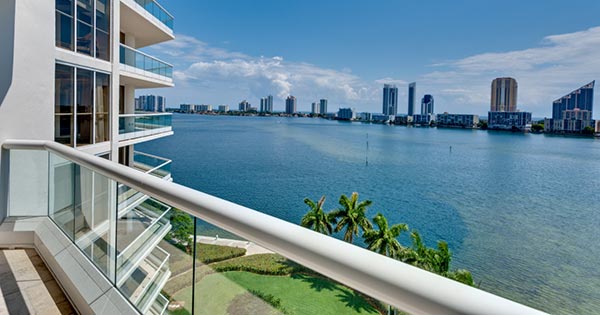Property Leasehold in Thailand. For many, the dream of swaying palm trees, vibrant cultural experiences, and the potential for a profitable investment makes Thailand a highly desirable destination. However, for foreigners seeking to claim a slice of Thai real estate, there’s a key distinction to understand: property ownership in Thailand primarily falls under a leasehold system. While freehold ownership, granting permanent possession of land, is generally not an option for foreigners, leaseholds provide a long-term solution for those looking to establish roots in the Land of Smiles.
What is Leasehold Ownership?
In essence, a leasehold grants you the right to use and occupy a specific property, typically a condominium or villa, for a predetermined period. This lease is a contract between you (the lessee) and the land owner (the lessor), usually a Thai developer or a company holding the freehold title.
Key Leasehold Features:
- Lease Term: The standard lease term for property in Thailand is 30 years, with the possibility of renewal for two additional 30-year periods, totaling a maximum of 90 years.
- Renewal Process: Lease renewals are not automatic and require negotiation with the lessor well before the expiry date. Renewal fees may apply.
- Leasehold Registration: The lease agreement should be registered with the Land Department for maximum security and protection of your rights.
Advantages of Leasehold Ownership:
- Accessibility for Foreigners: Unlike freehold, leasehold allows foreigners to invest in Thai property, opening doors to the real estate market.
- Lower Costs: Leasehold properties are generally more affordable than freehold options, making them an attractive investment for budget-conscious buyers.
- Less Maintenance Hassle: In most cases, the lessor is responsible for maintaining common areas and facilities within the development, freeing you from those burdens.
Disadvantages of Leasehold Ownership:
- Limited Ownership Rights: You don’t own the land beneath the property, and the value might depreciate closer to the lease expiry.
- Renewal Uncertainties: Lease renewals depend on negotiations with the lessor, and future costs are unknown.
- Restrictions on Modifications: Modifications to the property might be restricted by the lease agreement.
Alternatives to Consider:
- Condominiums with Foreign Freehold Quota: A small number of condominium developments allow foreigners to purchase freehold ownership for a limited portion of the units. However, these tend to be pricier options.
- Property Investment Through a Thai Company: Foreigners can establish a Thai company and use it to purchase freehold land. This approach comes with complexities and legal implications.
Making Informed Choices:
Before diving into a leasehold property purchase, consider these crucial steps:
- Consult a Lawyer: A lawyer specializing in Thai property law can advise you on lease agreements, legalities, and potential risks.
- Understand Renewal Terms: Negotiate lease renewal terms clearly upfront to avoid surprises later.
- Research the Development: Investigate the reputation of the developer and the management of the property to ensure a smooth ownership experience.
Conclusion
Property leasehold in Thailand offers a path for foreigners to own a piece of paradise. However, it’s vital to understand the terms, limitations, and alternatives before making an investment. With careful planning, informed decision-making, and professional guidance, you can navigate the leasehold landscape and enjoy your Thai property dream.


